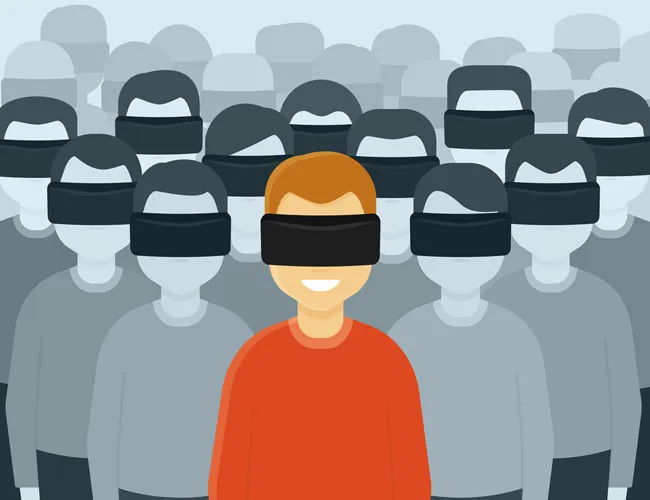Virtual reality games are often on the spot for being responsible for alienation and health issues. Recently, researchers in Finland discovered that people's reactions to 3D images of facial expressions are more emotional than the responses to classic 2D images, such as photographs, illustrations or videos.
According to this study our brain has the ability to scan and read faces in a busy scene, both in a 2D and 3D projection. Although the difference is in the emotions we feel. These are much more powerful when we find ourselves in front of a 3D image of a face.
Essentially our brain pick up on finer and deeper shapes. These effects were better detected with strong negative emotions, such as anger, but even happiness has been proven to be stronger, or at least sensed more strongly.
The study of Aalto University and University of Helsinki could have considerable consequences on the way 3D games and movies are intended. Usually these virtual realities are programmed to deliver fear and thrill by surprising the viewers, but this might change soon.
Read more at ScienceDaily. Image: Shutterstock


Comments (0)
Share your thoughts and join the technology debate!
No comments yet
Be the first to share your thoughts!